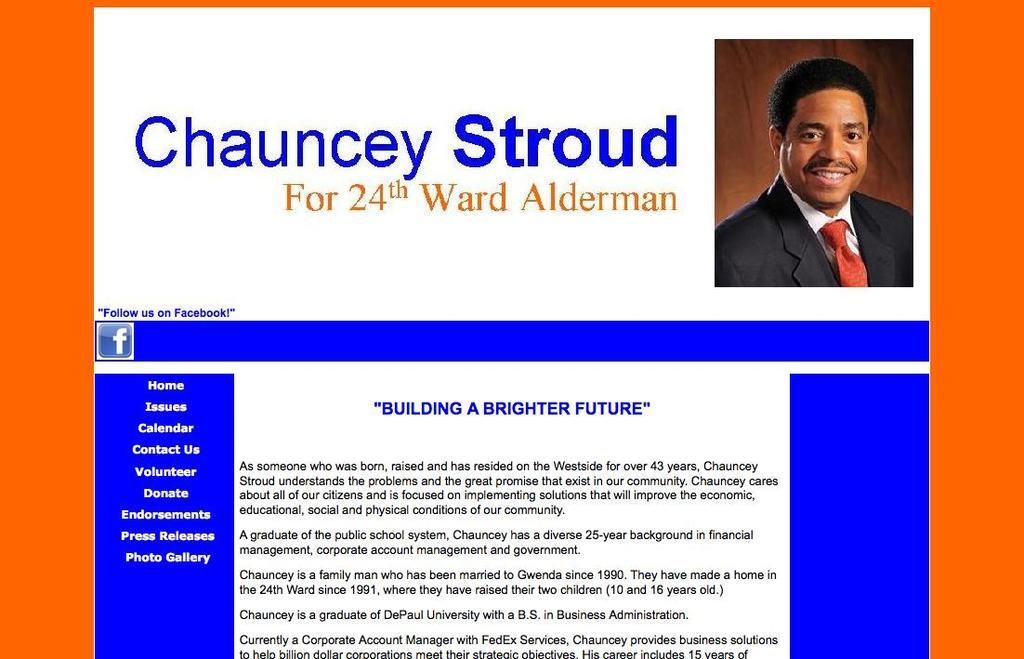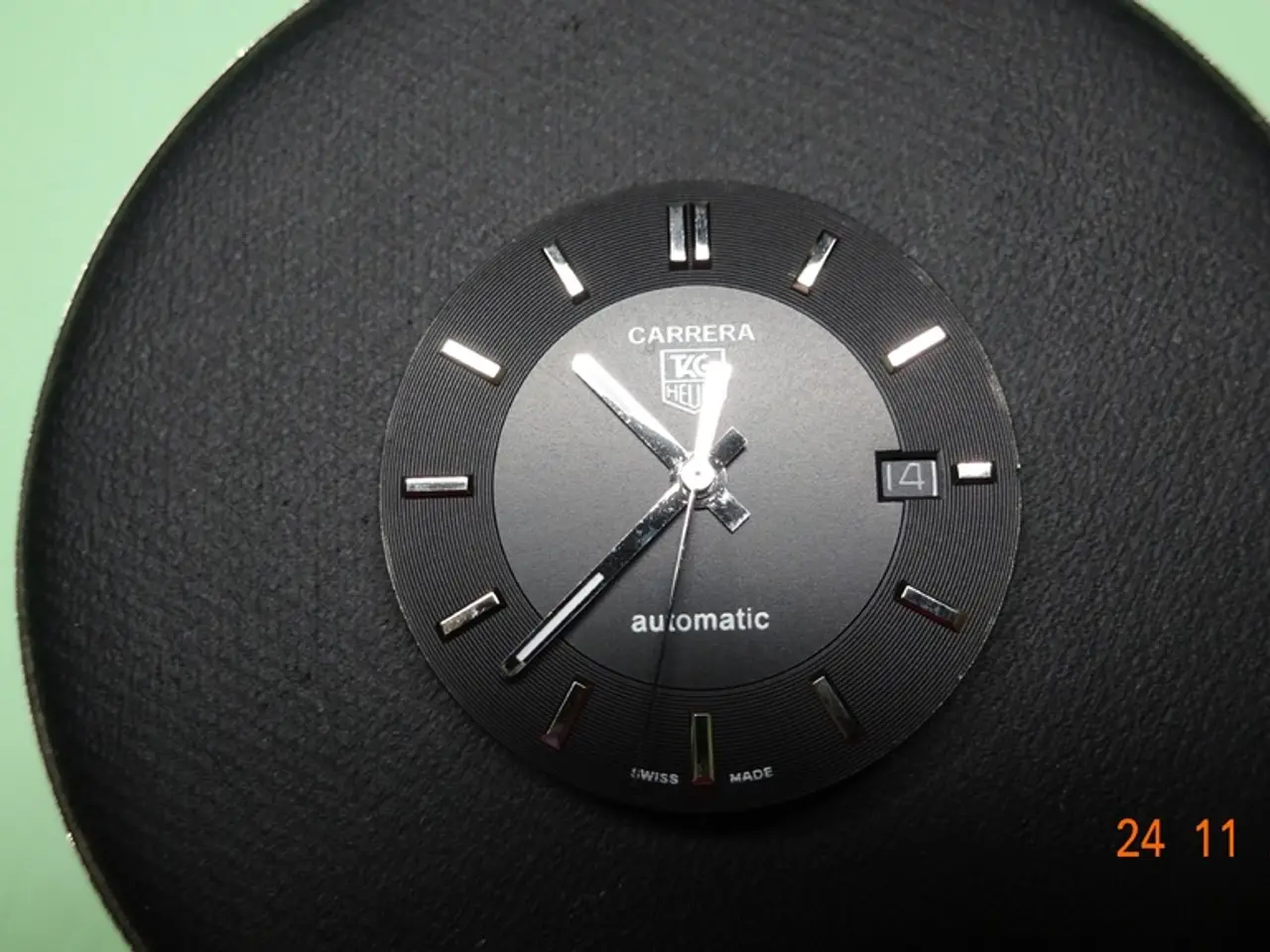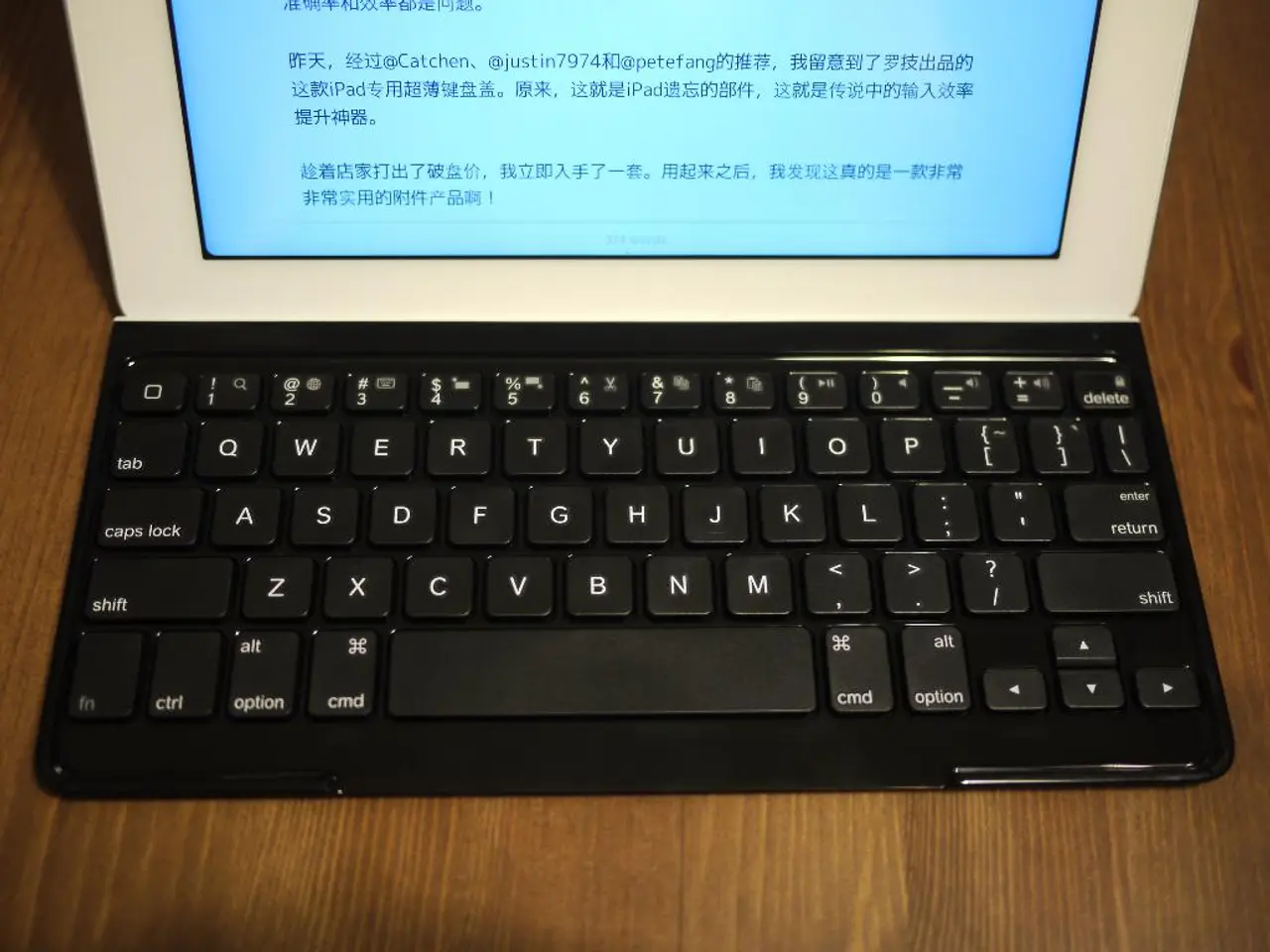The Lowdown on Lilith Inc.'s LPFM Application Debacle in Daytona Beach
The FCC Denies Florida's LPFM Bid Due to Legal Concerns Regarding Applicant's Status
In a twist of bureaucratic tangle, Lilith Inc.'s application to build an LPFM station in Daytona Beach, Fla. has hit a roadblock. The Federal Communication Commission (FCC) has axed the application, claiming Lilith Inc. didn't timely demonstrate its nonprofit status, a predicament caused partly by an unavailable registration name in the Sunshine State.
Lilith Inc. had eyeed building the station during the 2023 filing window. As per FCC regulations, LPFM applicants need to be established as nonprofits under state law at the time of filing an application. They must also produce supporting documentation.
initial evidence wanting
Originally, Lilith Inc. submitted an incorporation worksheet featuring a screenshot from the Florida Department of State, Division of Corporations' website, exhibiting its nonprofit status as "pending approval." Fast-forward to last May, the Media Bureau rejected Lilith's application due to an apparent lack of valid nonprofit status. The bureau grumbled that Lilith's worksheet lacked evidence that its filing had been approved, and that the matter had yet to be resolved when the LPFM application was submitted.
The commission also highlighted an inconsistency: the name used in the state - Lilith FM Inc. - didn't jive with the entry on its LPFM application, and the Florida business entity database had an effective date for Lilith FM tucked away five days after the LPFM application was filed.
the name game
Following the dismissal, Lilith Inc. filed a petition with the commission last June.
Lilith Inc. coughed up an email from the bureau chief of the Florida Division of Corporations, stating that Lilith Inc. had actually submitted its articles for incorporation with the state on Dec. 13, two days before it filed its application. The filing was returned on Dec. 15 as the desired name - Lilith Inc. - was unavailable. At that point, Lilith Inc. said it opted for Lilith FM Inc as the new desired name.
It tossed into the ring copies of two Florida statutes to endorse its claim that it was incorporated on Dec. 15, which is the day it filed the LPFM application. The first statute asserted that "unless a delayed effective date is specified, the corporate existence begins when the articles of incorporation are filed." The second statute claimed that "when a document is determined by the department to be deficient, the applicant may correct the document, and the official filing date of the corrected document would be the filing date that would have applied had the original document not been deficient."
Citing the email from the Division of Corporations bureau chief that stated the original filings occurred on Dec. 13, Lilith Inc. argued that Florida would apply the original filing date, despite the name change.
Media Bureau upholds decision
Post reviewing the petition, the Media Bureau upheld its original decision. It drubbed Lilith Inc. for failing to demonstrate it was a nonprofit at the time it filed its application and stressed LPFM application instructions that require the exact legal name of the applicant entity be entered.
Even with the email exchange, the Florida Department of State database lists a filed date of Dec. 28 and an effective date of Dec. 20 for Lilith FM - five days after its LPFM application was submitted. The Media Bureau claimed that Lilith Inc. didn't properly clarify "why we shouldn't accept this official document at face value."
"An LPFM's applicant status as a valid nonprofit organization at the time it files its application is crucial to our determination of the applicant's eligibility to hold an LPFM authorization," the bureau asserted. As a result, it canned Lilith Inc.'s application and rejected its petition.
The organization had envisioned airwaves on 103.7 FM in Daytona Beach, aiming to evangelize "citizenship, integrity, and personal responsibility," among other principles.
[Related: "FCC Dismisses Florida LPFM CP Over Nonprofit Status"]
In gist, FCC regulations mandate that LPFM applicants be established nonprofit organizations recognized under state law at the time of application filing. Proof of eligibility must be supplied with the initial application, and delays are inadmissible for establishing eligibility.
- The inconsistency between the name used by Lilith Inc. in its LPFM application and the name in the Florida business entity database raised questions about the validity of their nonprofit status, as required by the Federal Communication Commission (FCC).
- The Media Bureau upheld its decision to axe Lilith Inc.'s application to build an LPFM station in Daytona Beach, stating that the organization failed to demonstrate it was a nonprofit at the time of filing and stressed the importance of accurately submitting the exact legal name of the applicant entity, as outlined in FCC regulations.





